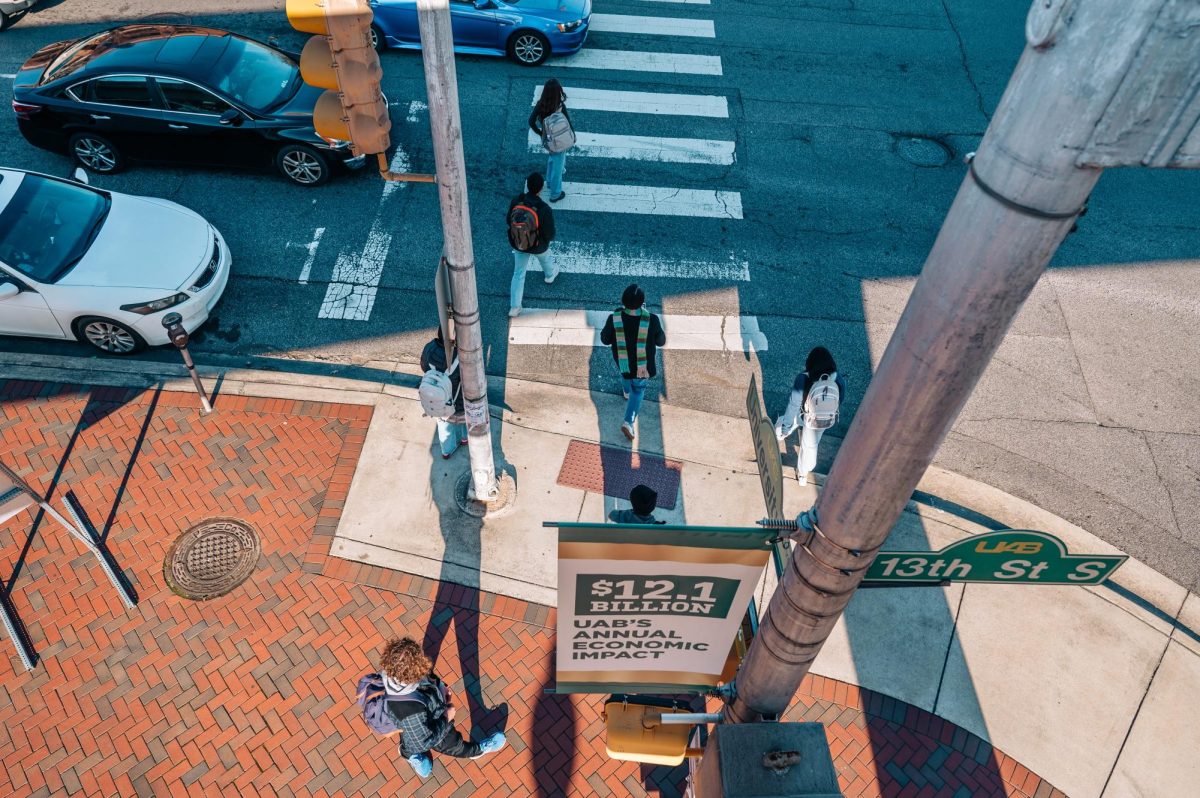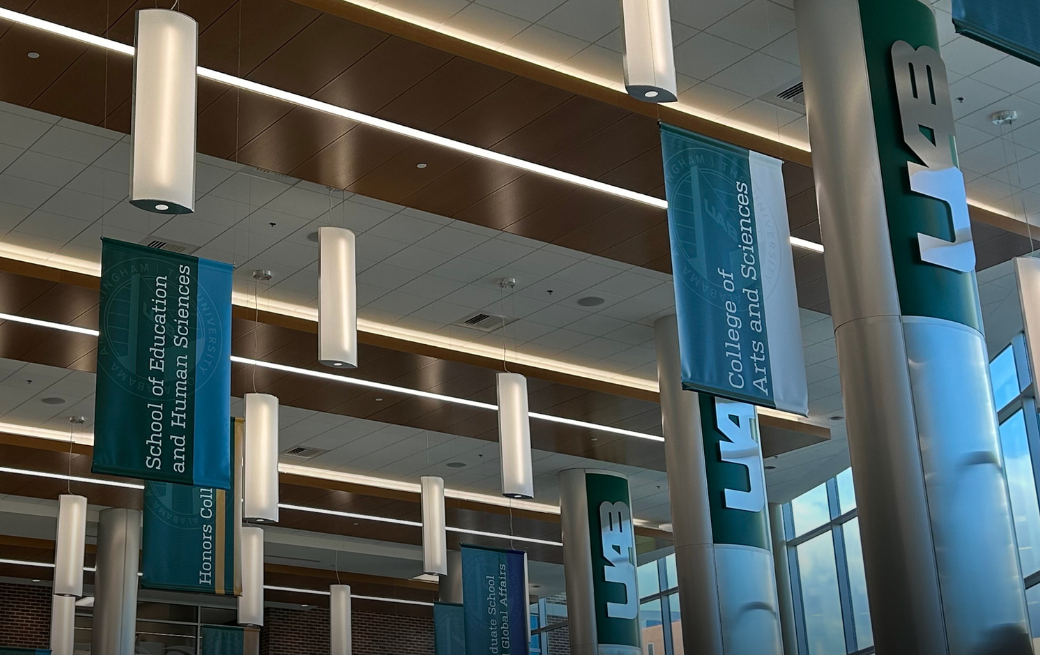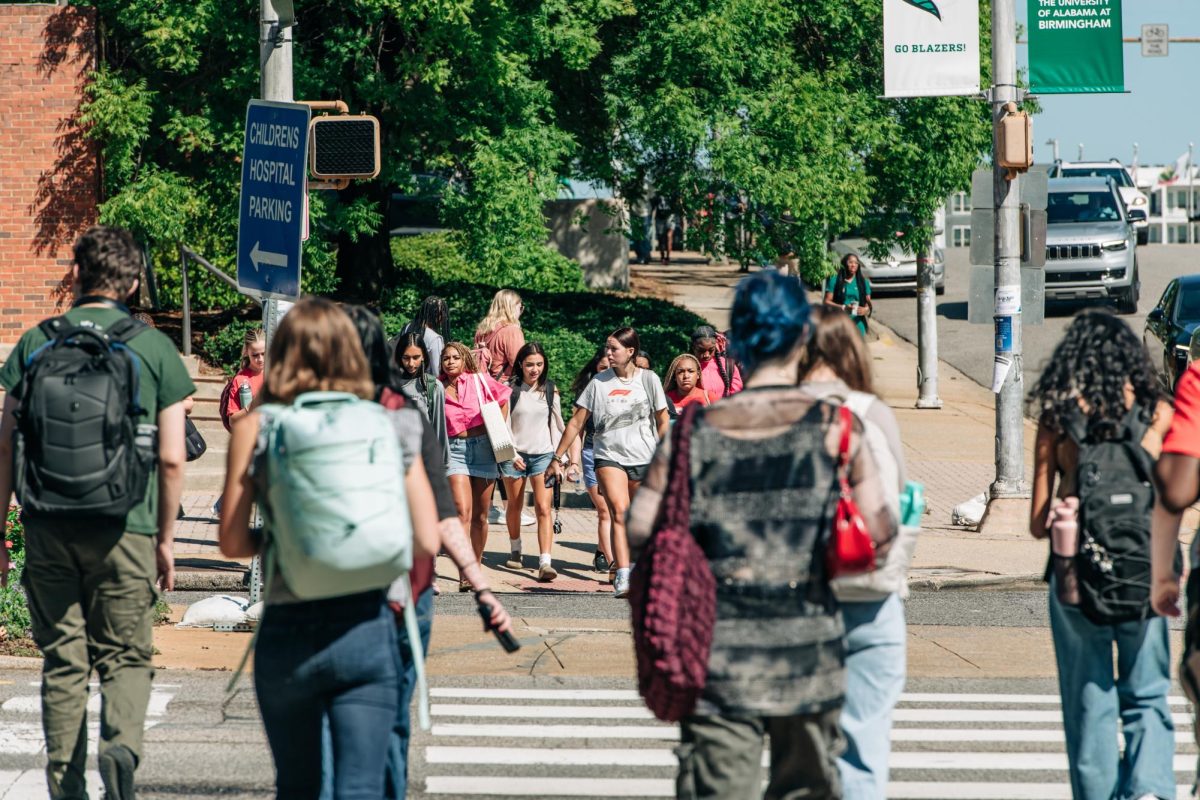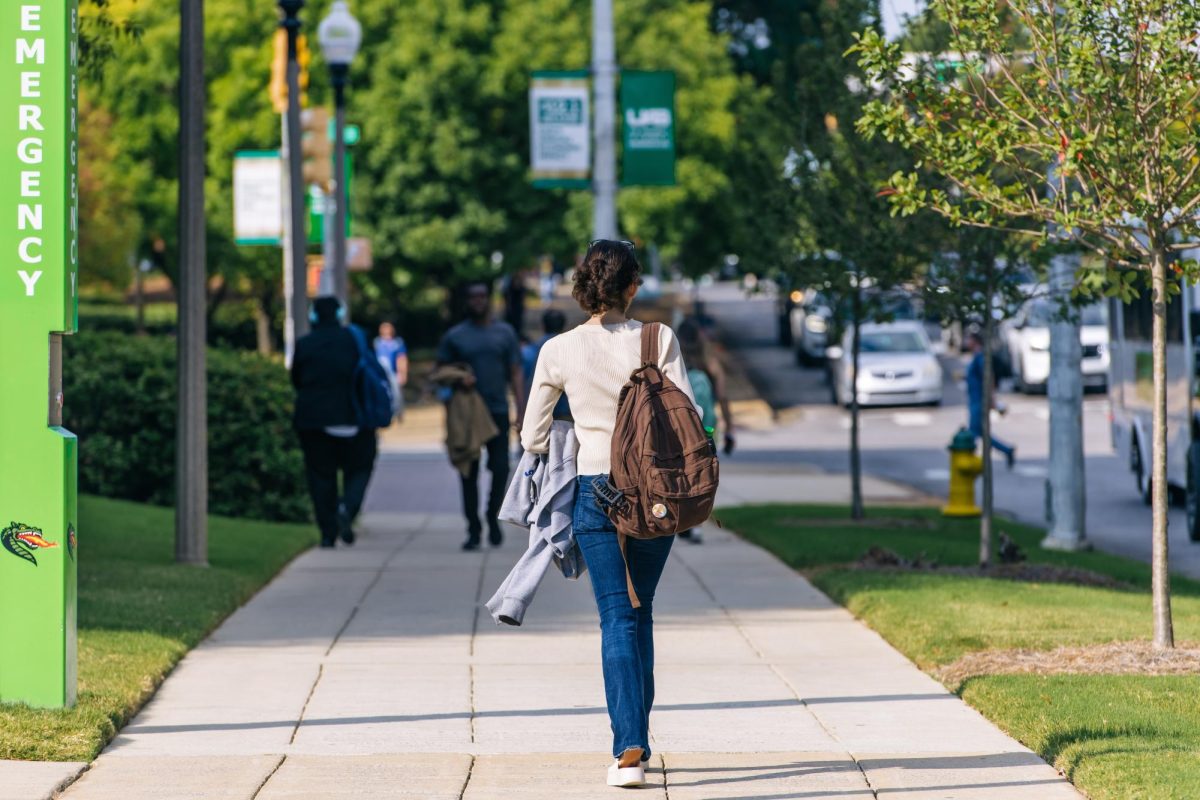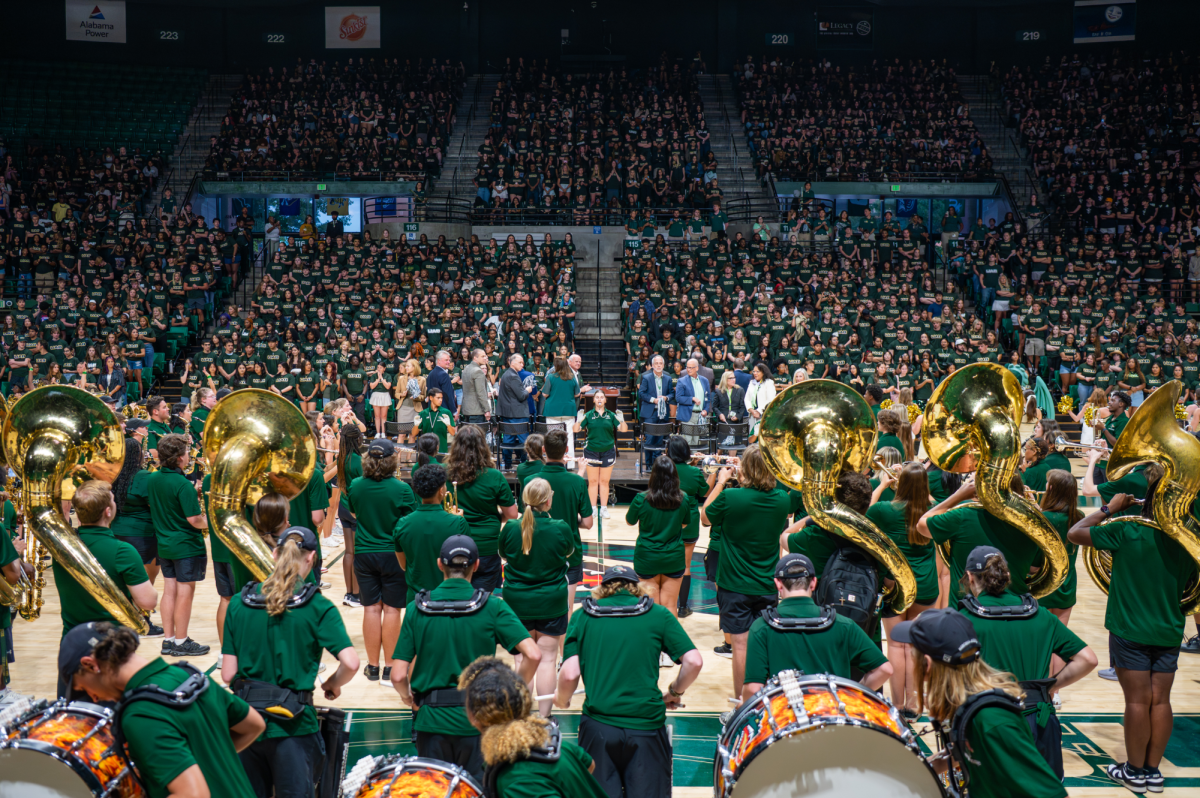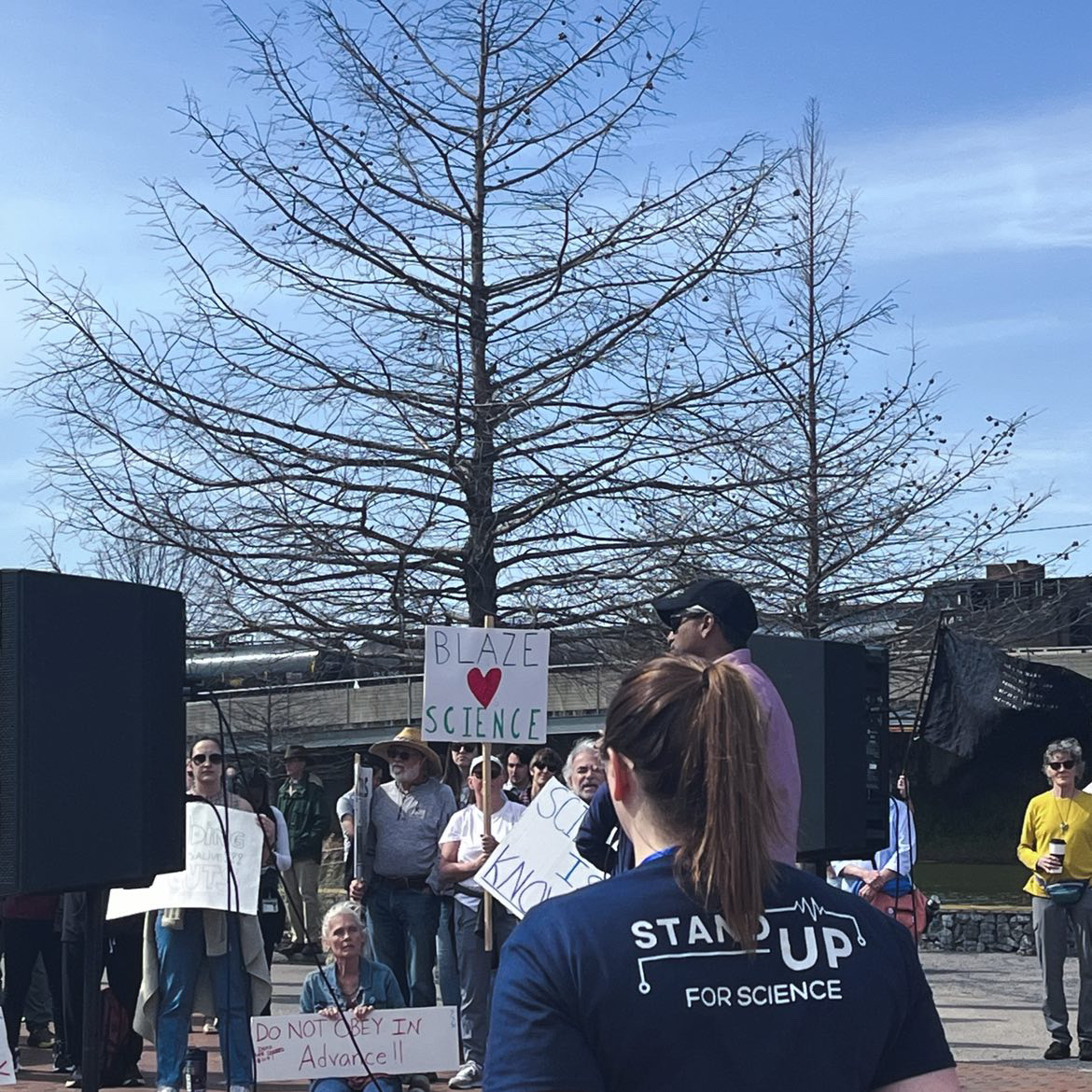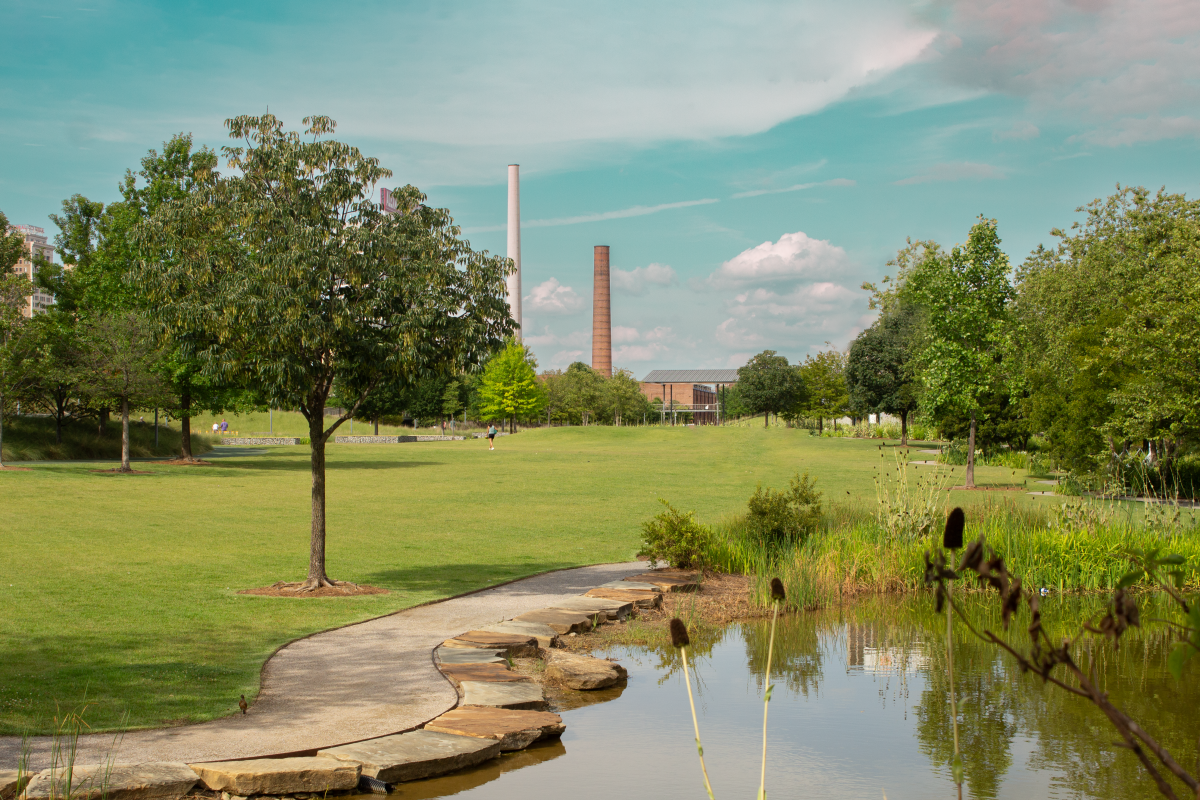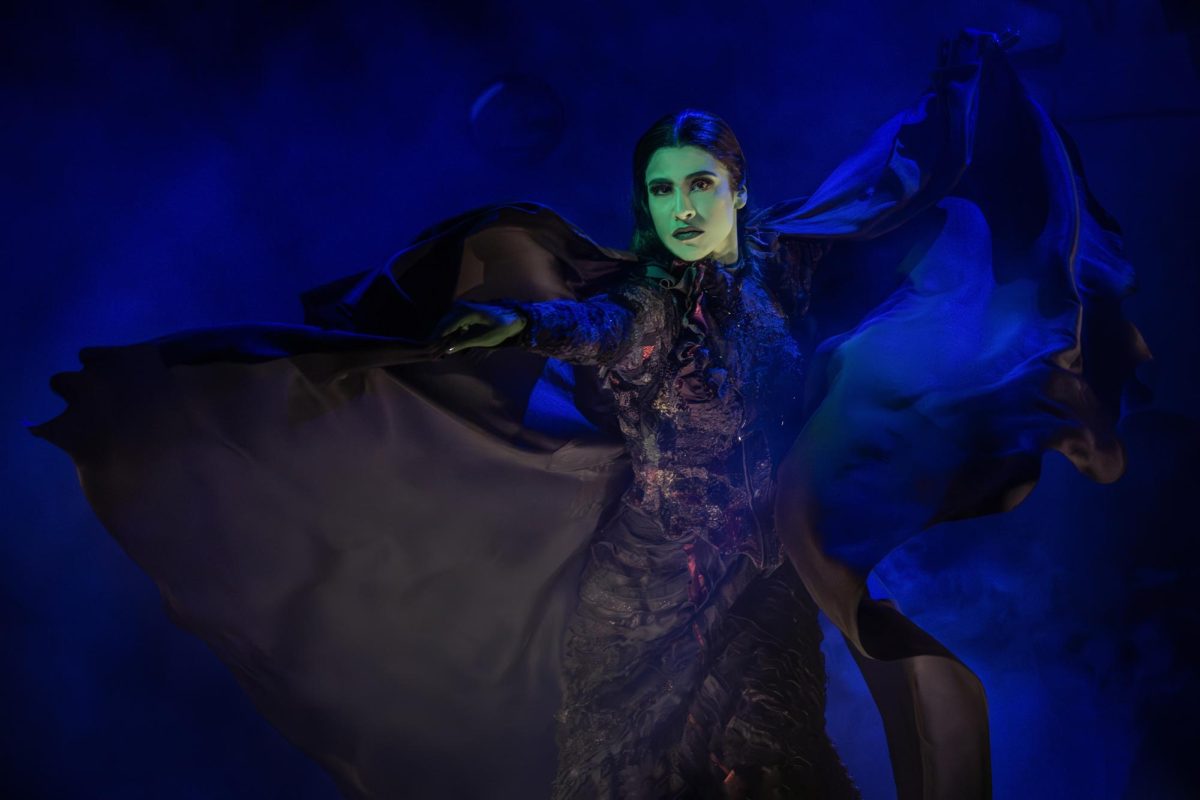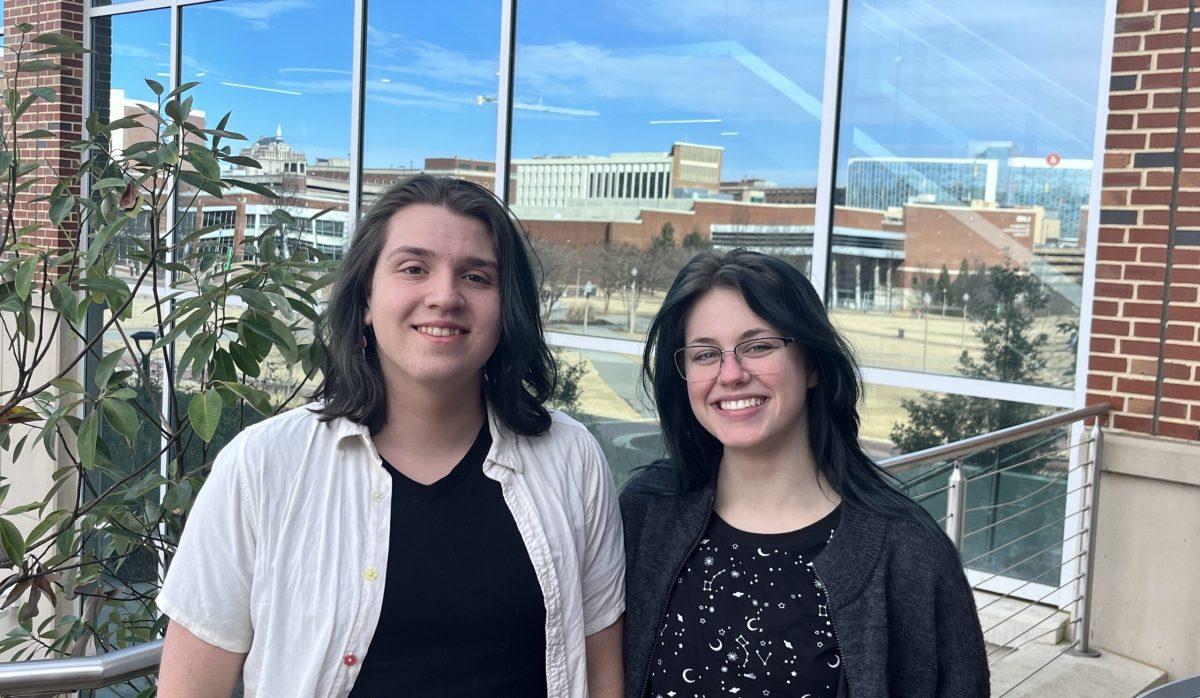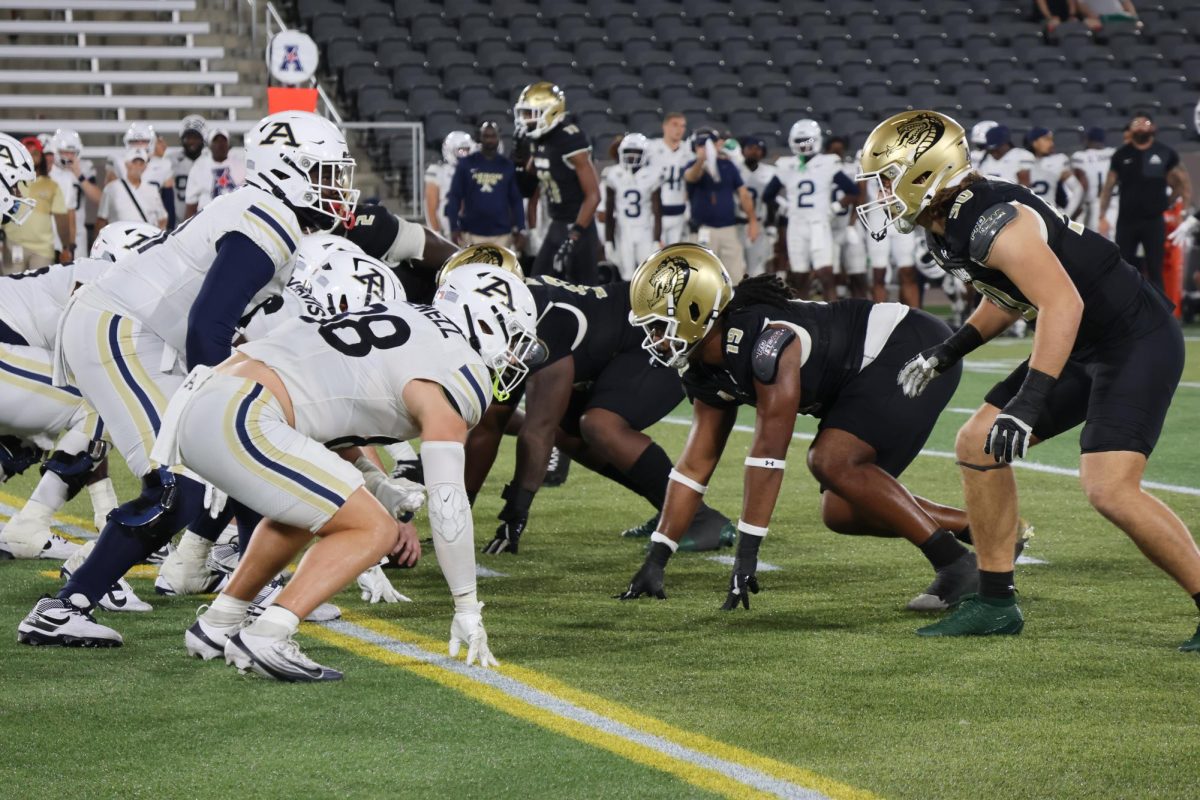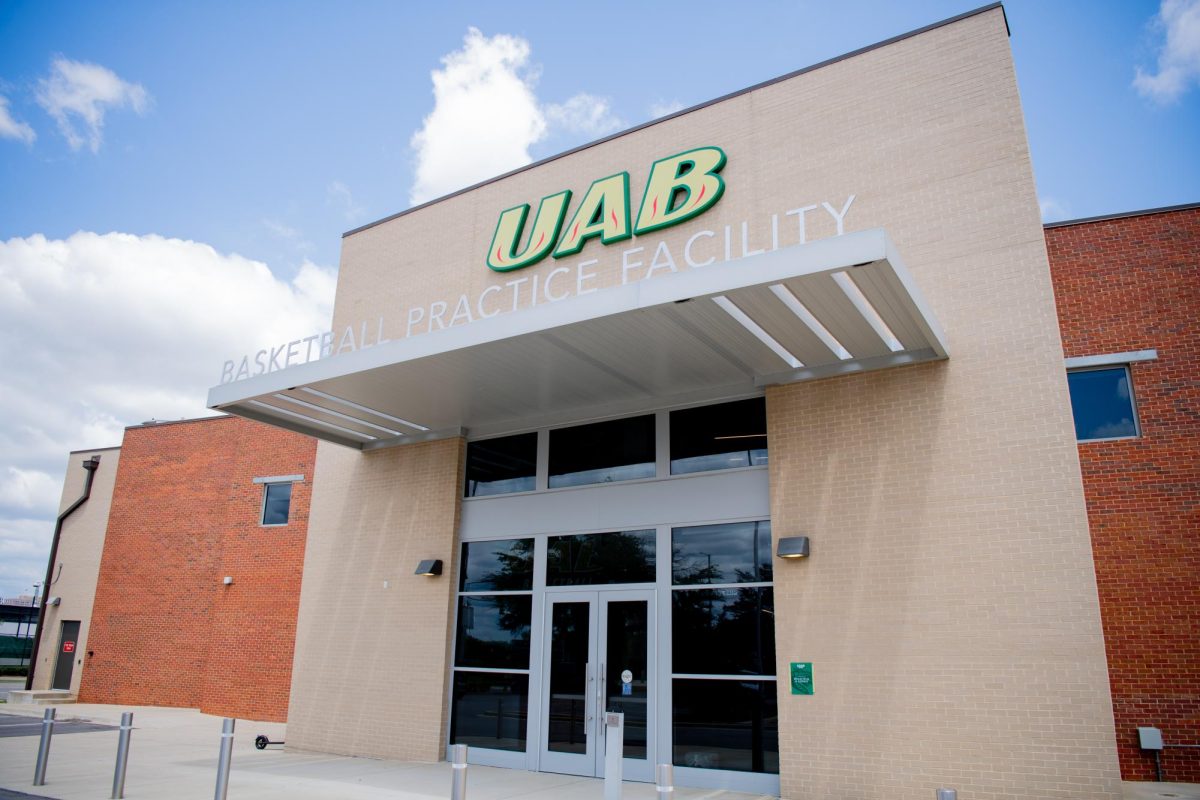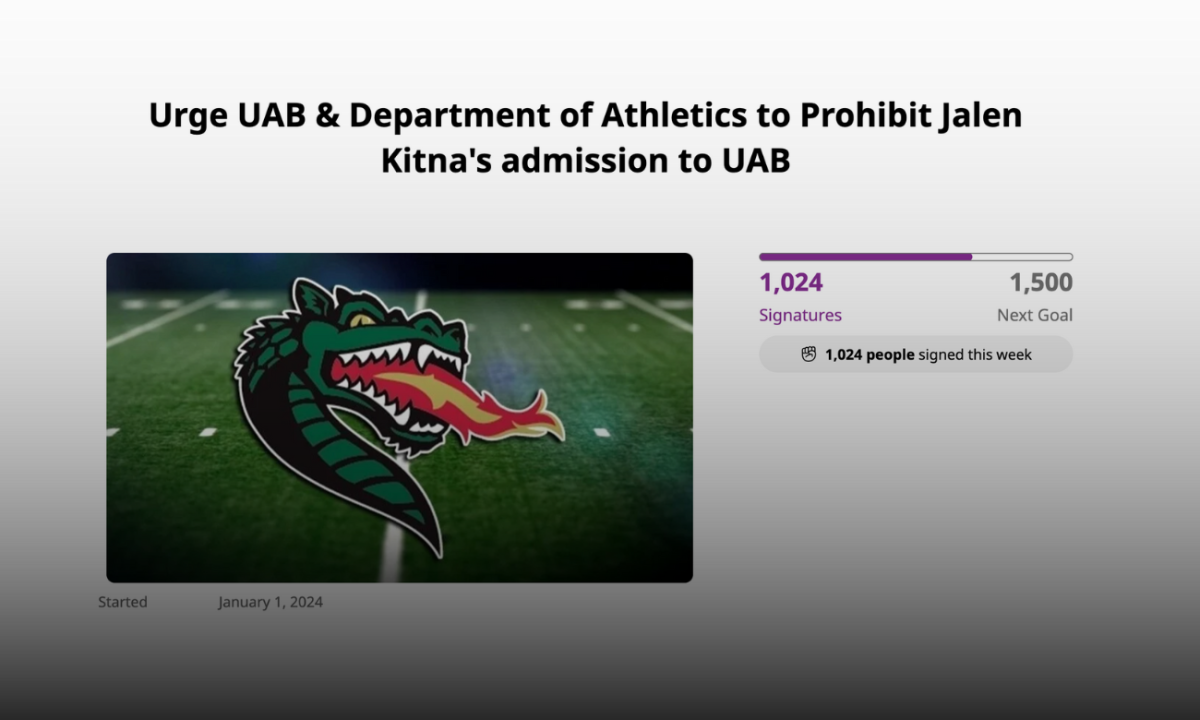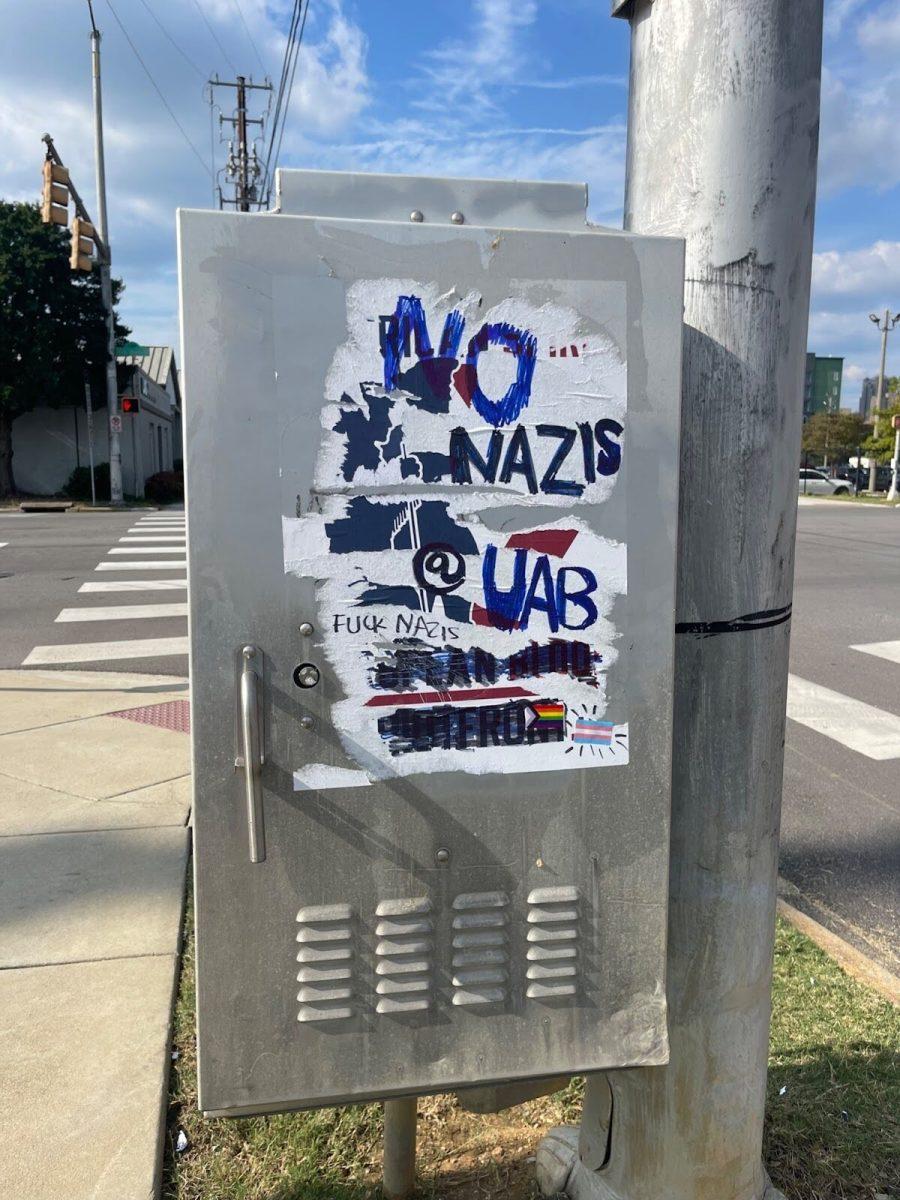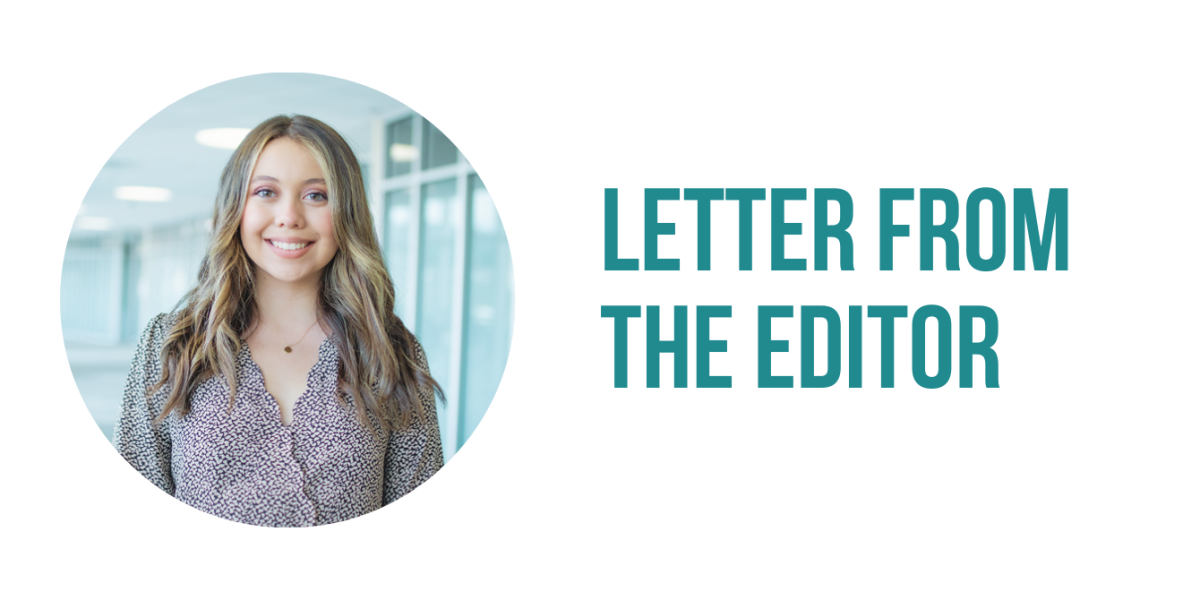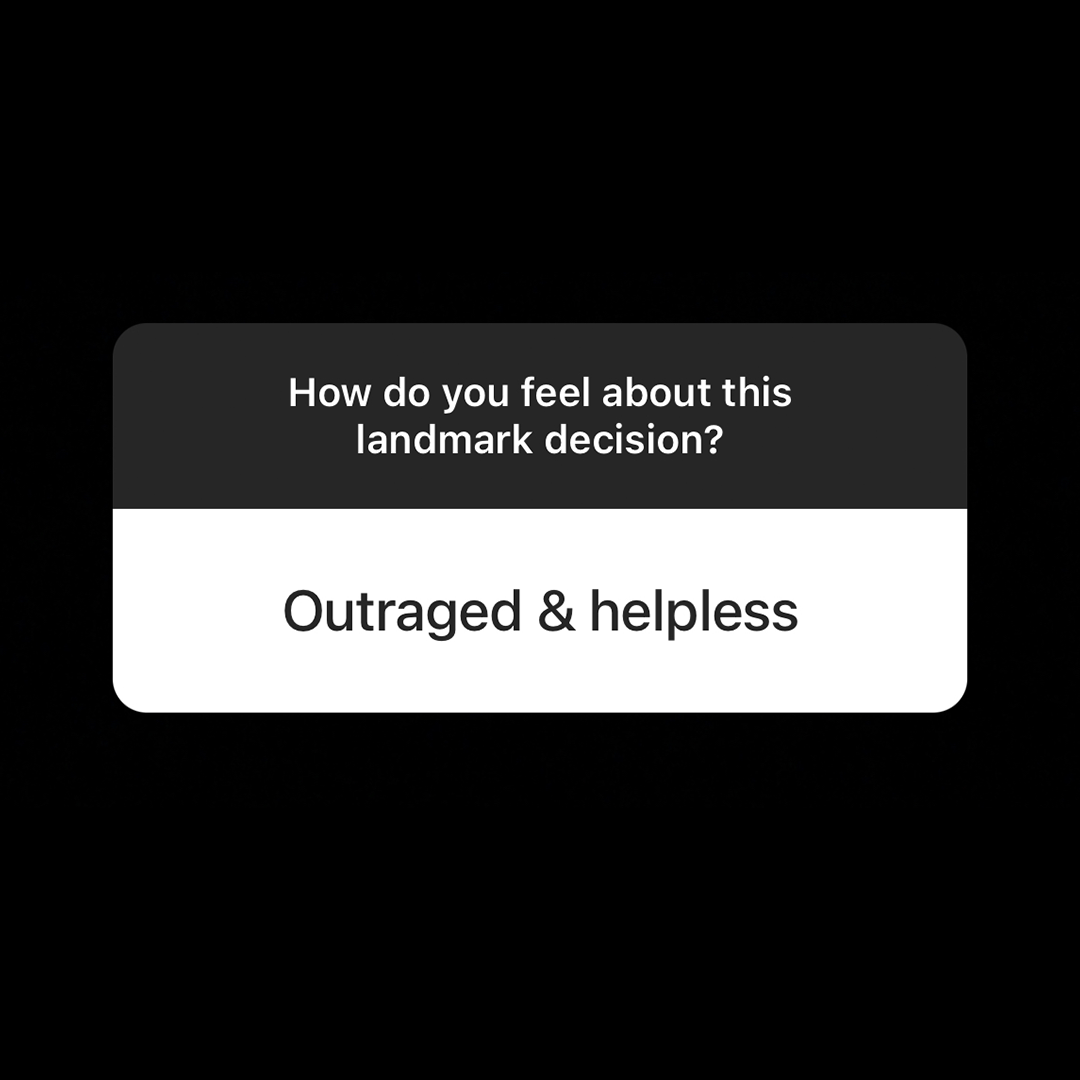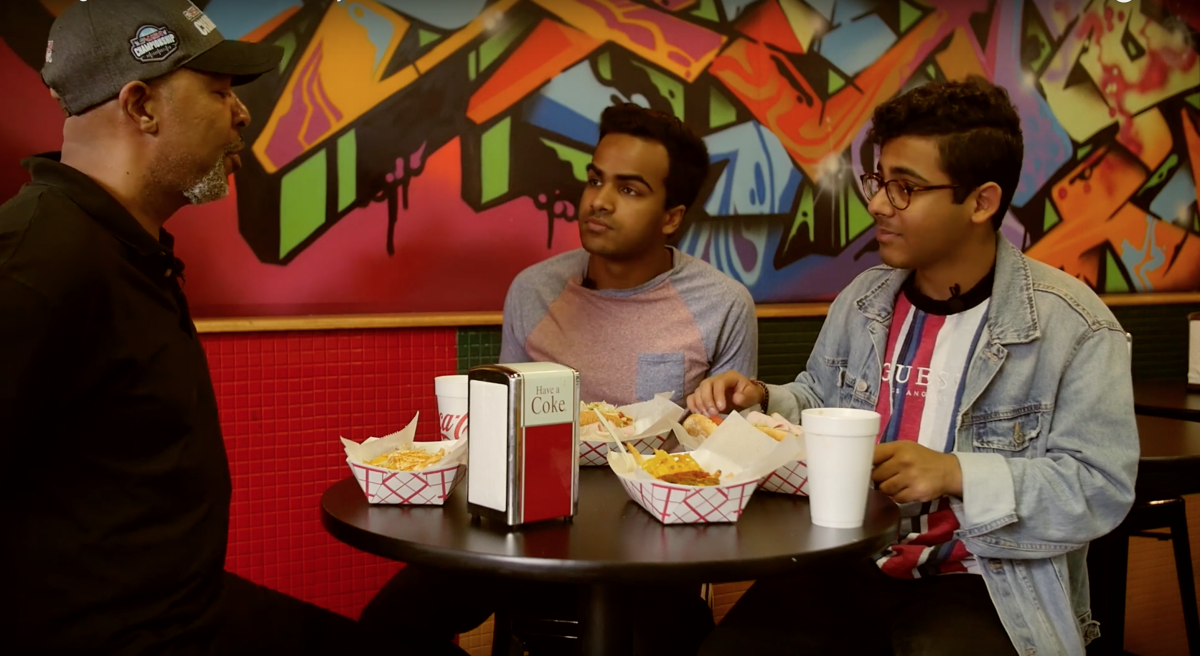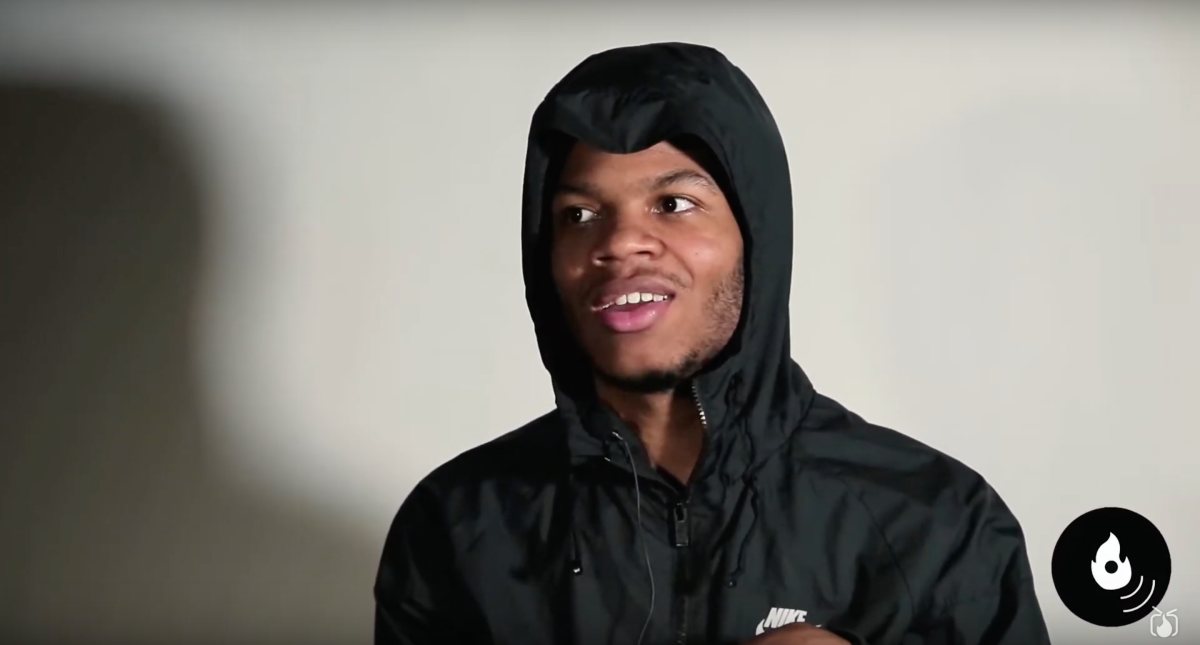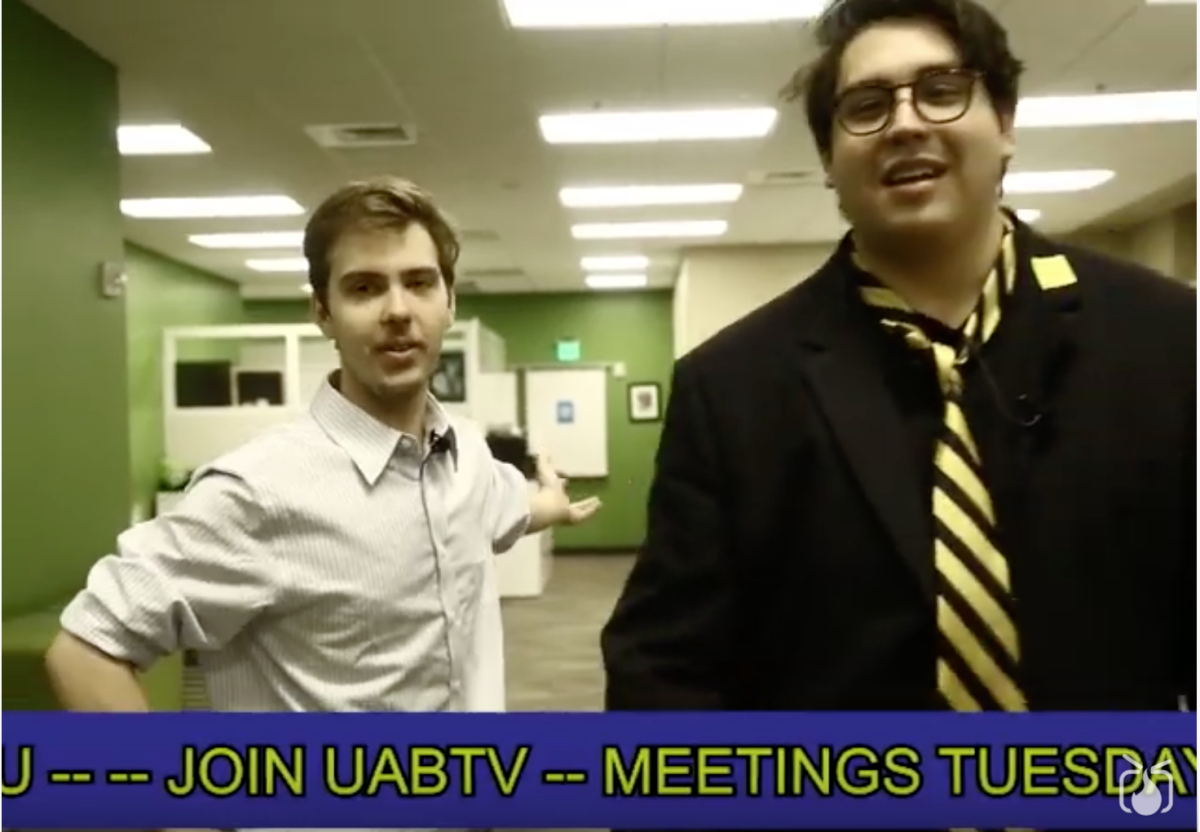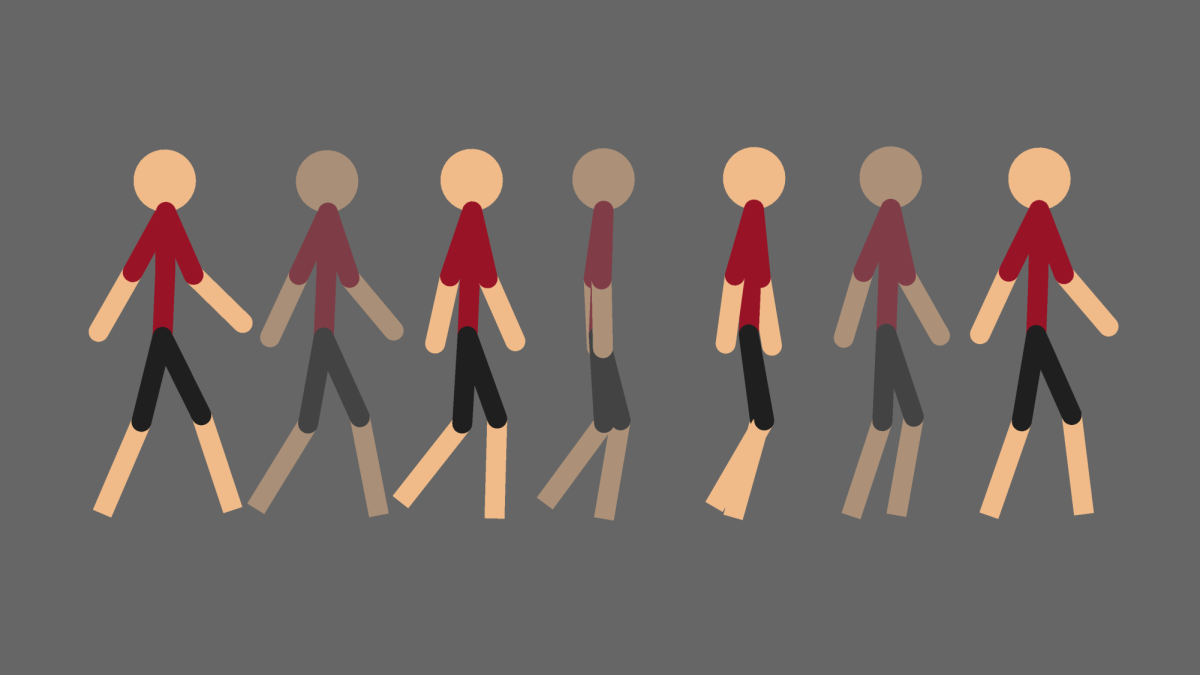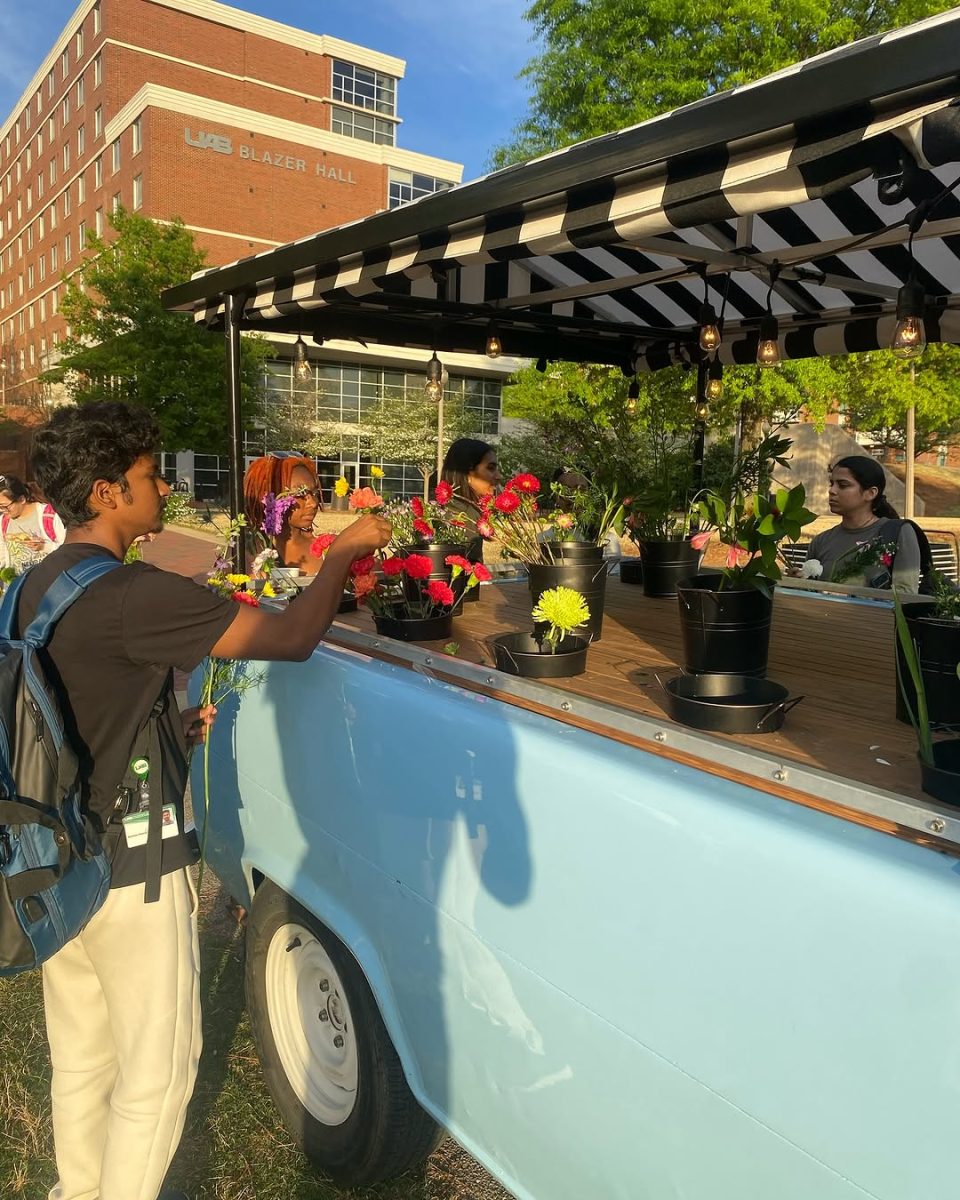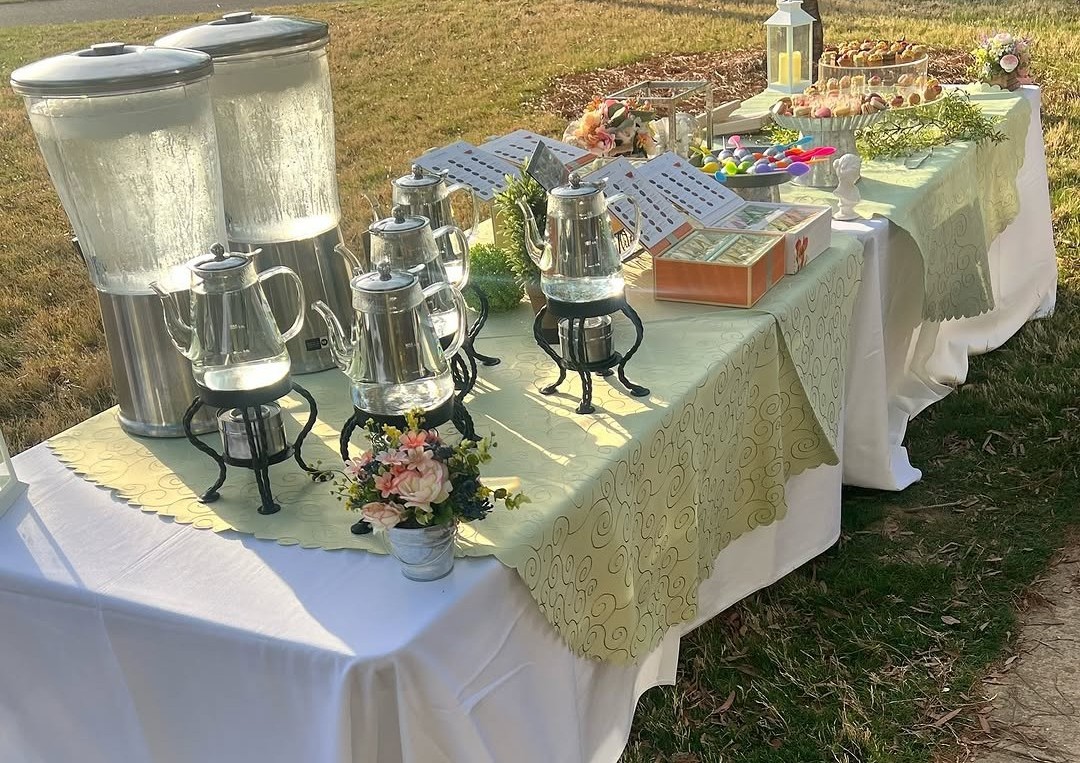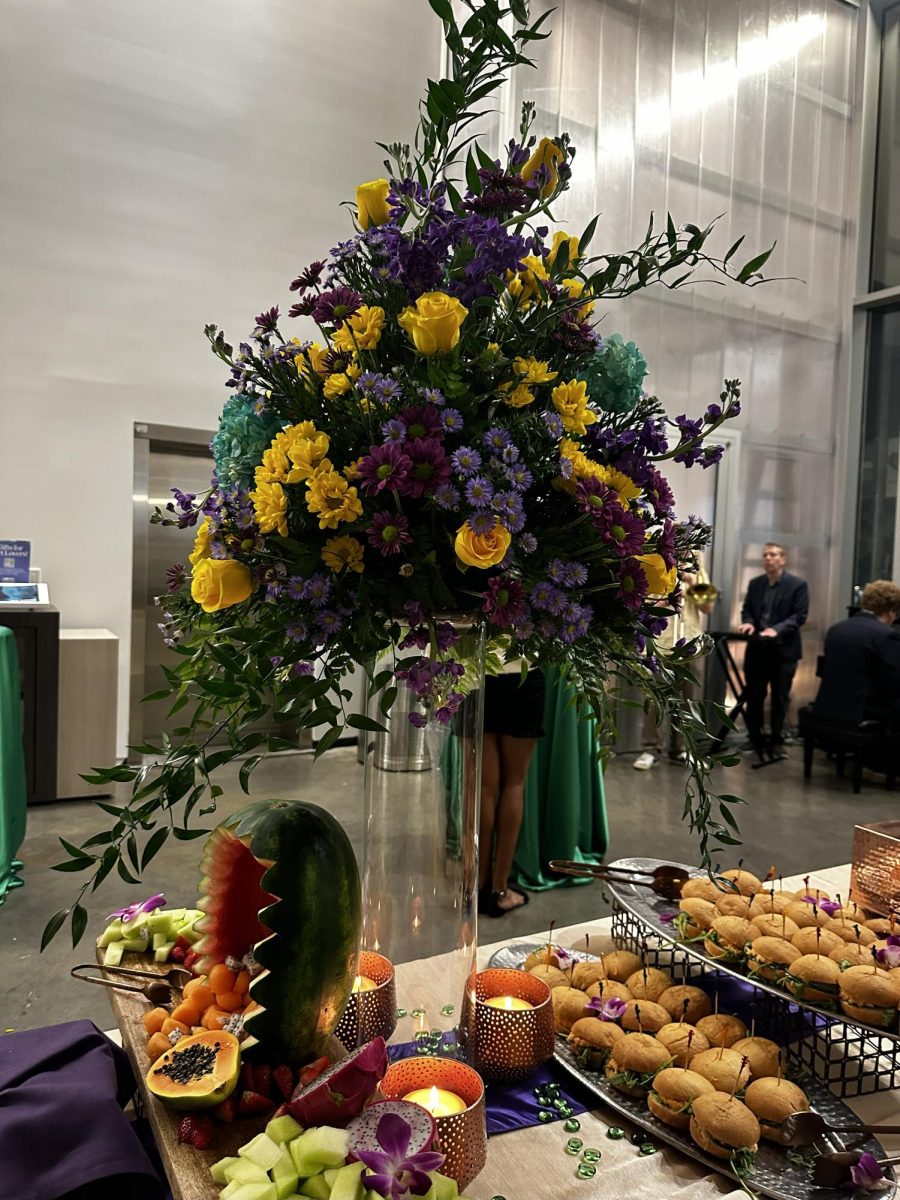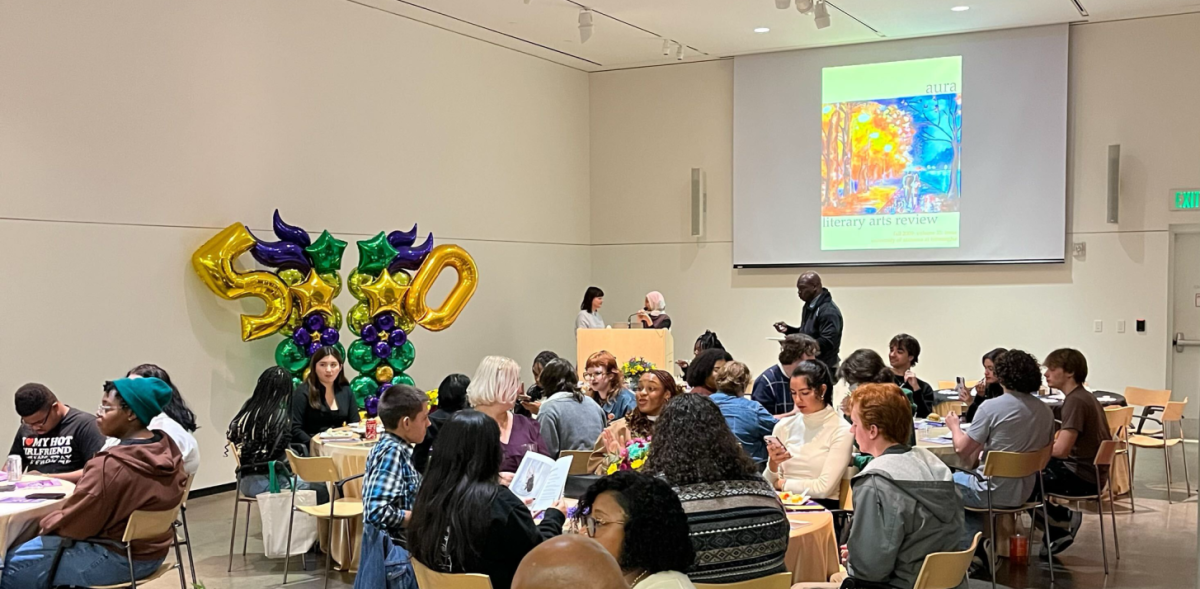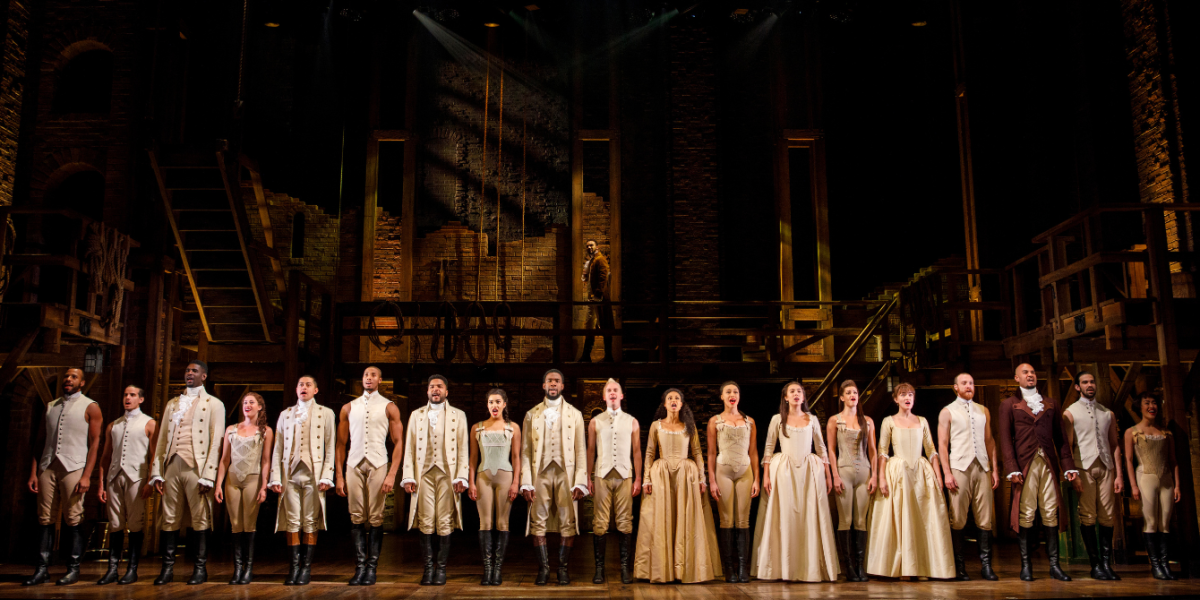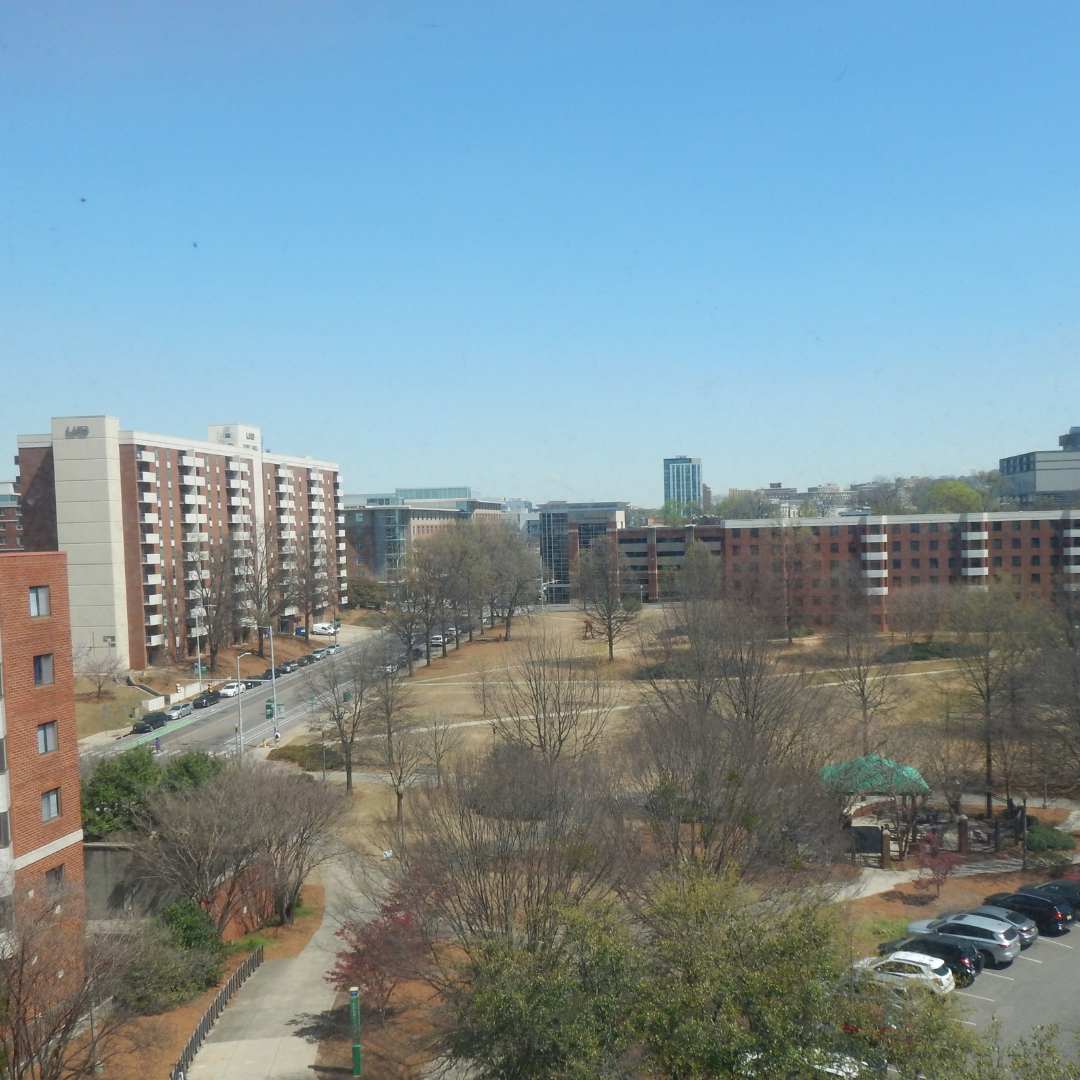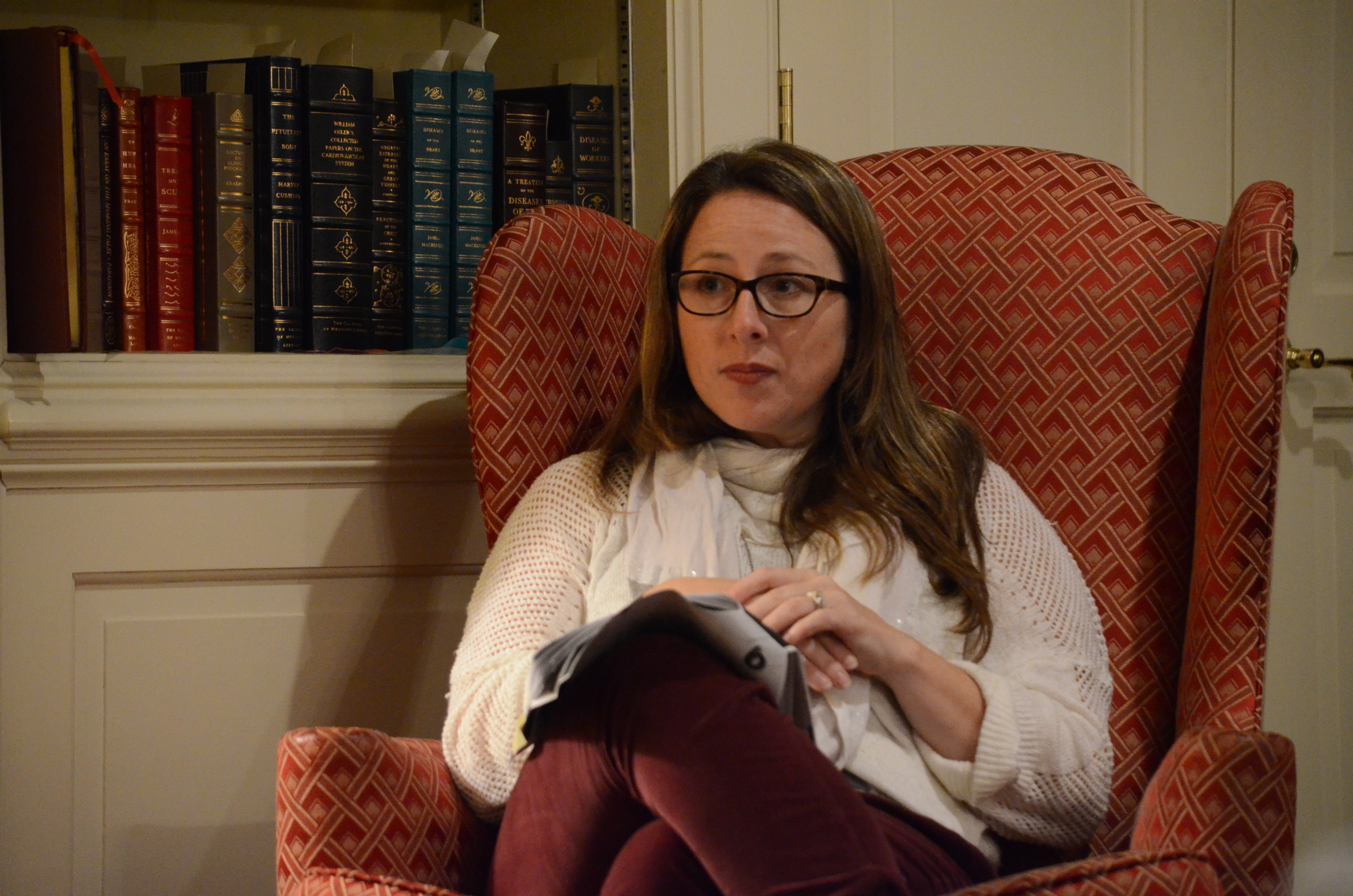
Nicole Lariscy, who led the discussion. (Photo by Ian Keel).
Nicholas Jessee – Staff Writer
[email protected]
The UAB English Department hosted a Critical Thinking Reading Group on Nov. 20, with Nichole Lariscy, an English professor, leading a discussion on excerpts from Paula S. Rothenberg’s fifth edition of “White Privilege: Essential Readings on the Other Side of Racism.”
Coordinated by Margaret Jessee, Ph.D., the Critical Thinking Reading Group takes place multiple times throughout the semester on campus and consists of discussions on literature and poems that prompt discussions of real world controversies.
“Critical Theory has a two-fold purpose. One is, in some ways, our methodology. It’s how we approach literary texts but, broadly, it’s a way of viewing the world […] and so while we might apply a theory to a novel or poem here and there, it also means the way you look at gender, class, race and language,” Jessee said. “It presents a way to see the world rather than just a way to see a literary text.”
Lariscy’s selection on readings from the text were excerpts written by many who have experienced racism personally within American society, regardless of their skin color. The writings argue that white privilege is prevalent and denying racism is, in a sense, supporting racism.
As shown from different written accounts in the text, white privilege gives those who are white or look white, such as a light-skinned Iranian-American, better chances to move up the ladder in class and other social aspects of life.
Rothenberg’s book also gives a perspective that even those who gain benefits from white privilege and do not see themselves as racist, are in fact part of racial oppression as they take in these benefits for being white, while people of color must struggle to attain the same beneficial aspects of that status.
“Too often, people who are white think that the conversation about race is not about them, but it’s really important for people who experience privilege in our system to be aware of how that privilege works in order to create a more egalitarian system,” Lariscy said.
Some excerpts from the book present the idea that white people become higher in class and social status through the fact of being white, while people of color left in lower statuses unintentionally upraise white privilege. The excerpt goes on to say that white privilege is able to maintain a high status as long as there are others trapped within a lower status, the majority being people of color.
“It’s on white people to engage in a conversation about race in order to improve equality,” Lariscy said.
The overall discussion within the Critical Thinking Reading Group was how those who experience white privilege must first acknowledge it before they can help to create equality. “White Privilege” prompted discussions about changes that could be made, what each person’s perspective was on the issue and those that may have seen and realized white privilege.
Jessee will be coordinating more of these Critical Thinking discussions throughout the Spring 2016 semester. Any UAB student with an interest for these meetings is welcome to join and share their perspective and background for whatever relates to the topic presented.
“I enjoy the Critical Thinking Reading Group. Everyone comes from different backgrounds and different areas of study, so it’s really interesting to get a variety of perspectives,” UAB senior Theresa Davis said.
